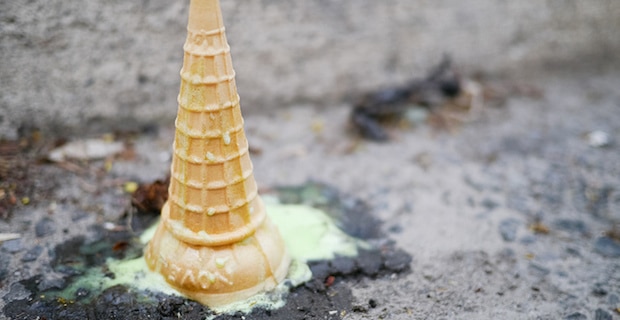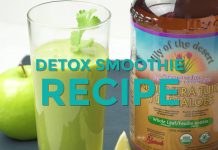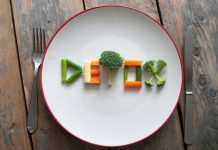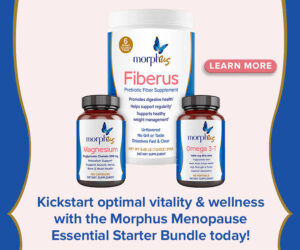
Preservatives help keep processed food products fresh, or in the case of foods like ice cream, help to thicken them. However, not all of them are good for you. Here are five that you should avoid: benzoic acid, potassium sorbate, polysorbate 80, carrageenan, and BHA.
1. Benzoic acid (sodium benzoate)
Benzoic acid (sodium benzoate) is derived from the chemical benzene. It is used to help prevent yeast growth, which can cause food to spoil. Short term studies of rats found disorders of the central nervous system after feeding high doses of benzoic acid. Other effects observed included reduced weight gain and changes in organ weights.
Note: This refers to sodium benzoate being used as a preservative in food products only.
Read more about why sodium benzoate is so scary
2. Potassium sorbate
Potassium sorbate is derived from sorbic acid as a potassium salt. It is used to prevent mold, fungi and yeast growth. It is considered to be safe for human consumption but has been linked to various side effects, including diarrhea and asthma.
3. Polysorbate 80
Polysorbate 80 is used as an emulsifier in certain foods, including ice cream. Studies have linked it to infertility and anaphylactic shock.
4. Carrageenan
Carrageenan is derived from red seaweed and is used to improve food texture. It is often used as a vegan alternative to gelatin. It can be found in a variety of food products, including dairy and plant-based milk such as coconut milk. Studies have linked it to gastrointestinal problems and cancer.
5. BHA
BHA is short for butylated hydroxyanisole and is added to prevent oxidation in foods with fats and oils. Based on evidence from studies on lab animals, it is considered to be a possible human carcinogen. In other words, it could cause cancer.
Read more about the preservative BHT
Image: Johnathan Nightingale











